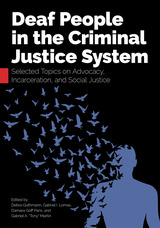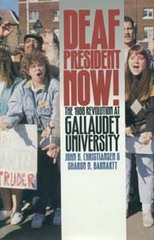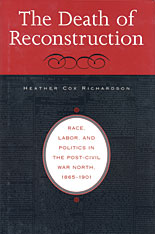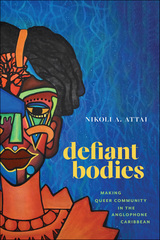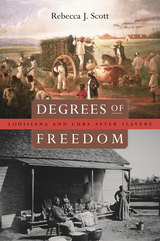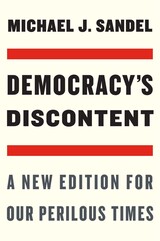Heritage in the Body: Sensory Ecologies of Health Practice in Times of Change
University of Arizona Press, 2024
Cloth: 978-0-8165-5410-2 | Paper: 978-0-8165-5409-6 | eISBN: 978-0-8165-5411-9
See other books on: Body | Heritage | Indigenous Studies | Medical | Public Health
See other titles from University of Arizona Press
Cloth: 978-0-8165-5410-2 | Paper: 978-0-8165-5409-6 | eISBN: 978-0-8165-5411-9
ABOUT THIS BOOK | AUTHOR BIOGRAPHY | REVIEWS
ABOUT THIS BOOK
Through storytelling, ethnography, and interviews, Heritage in the Body examines the links between health and heritage in times of change. Using a series of case studies, anthropologist Kristina Baines tells the intimate stories of how Indigenous Maya and Garifuna Belizeans—both in Belize and in the United States—navigate macro-level processes such as economic development, climate change, political shifts, and global health crises in the context of changes in their own lives.
Employing an embodied ecological heritage (EEH) framework, Baines explores the links between health and heritage as a fluid series of ecological practices. Health and wellness are holistically defined and approached from a phenomenological perspective. Baines focuses on how sensory experiences change the body through practice and provides insights into community-driven alternatives as a means to maintain and support happy, healthy lives.
Employing an embodied ecological heritage (EEH) framework, Baines explores the links between health and heritage as a fluid series of ecological practices. Health and wellness are holistically defined and approached from a phenomenological perspective. Baines focuses on how sensory experiences change the body through practice and provides insights into community-driven alternatives as a means to maintain and support happy, healthy lives.
See other books on: Body | Heritage | Indigenous Studies | Medical | Public Health
See other titles from University of Arizona Press

